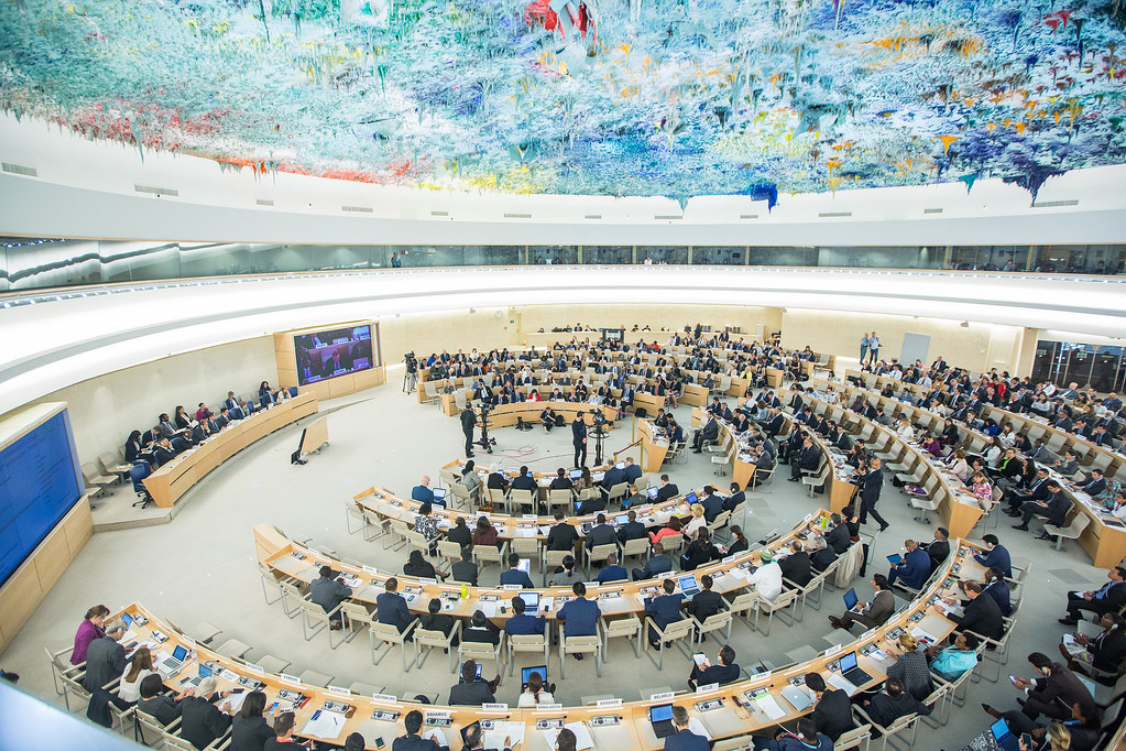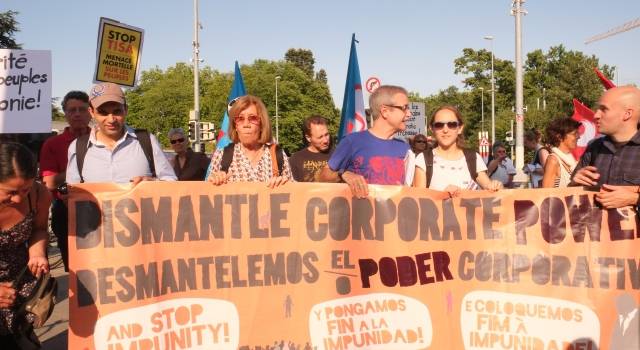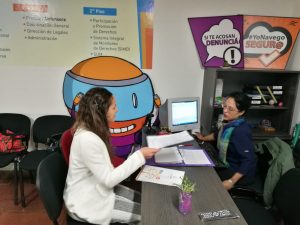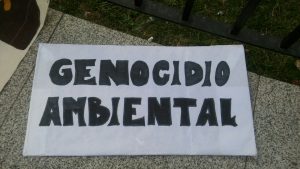Last Tuesday, November 13, the consumer association Action and Defense of the Consumer and Tenant (ADCOIN) received representatives of Arcor and the Foundation for the Development of Sustainable Policies (FUNDEPS) in an extrajudicial conciliation hearing requested by the Foundation with reason for the advertising campaign “Your fair share” of the company.
The campaign “Your fair share” contradicts the right of consumers to receive information and violates the right to health
In mid-September of this year, Arcor launched the campaign that states that “a healthy life is a balanced life in which giving yourself a taste and taking care of your health go hand in hand”. As part of that campaign, a green front label with the phrase “Your fair share” was stamped on several products of the company, indicating “what is the recommended daily portion of what you like and what makes you good”.
FUNDEPS stated before ADCOIN that the campaign contradicts the guarantee of the consumers to receive adequate and truthful information contemplated in art. 4 of the Consumer Defense Law No. 24,240, in art. 1100 of the Civil and Commercial Code and in art. 42 of the National Constitution. In addition, it considers that the message that hides the advertising campaign is misleading, since it induces a false idea regarding the products. The choice of the word “fair” and the green color generate in the person who approaches the product an idea of ”health” very far from what really involves the consumption of ultra-processed foods such as those promoted by the campaign. In this way, it promotes and induces its consumption, exaggerating its virtues or suggesting some actually nonexistent. It is a case of false advertising, and more specifically, misleading advertising.
The representatives of Arcor affirmed in the hearing that the program “Your Fair Share” is respectful of the current legislation and that it was designed, precisely, to contribute to promote a healthy diet. They indicated that the creation of the “slogan” and the campaign had been consulted with experts in the field, “with the objective of helping the consumer limit the intake of optional consumer foods to a fair measure.”
However, both FUNDEPS and ADCOIN argued that although the campaign claims to be providing information to the consumer, the truth is that there is no recommended portion of consumption of these products. The World Health Organization (WHO) considers that ultra-processed foods “are the engine of the obesity epidemic in Latin America” and should be avoided. The Arcor campaign goes in the opposite direction.
Despite the lack of a specific regulatory framework regarding labeling, FUNDEPS insists that there is a violation of the right to receive true, accurate and detailed information. The campaign does not discourage the consumption of these products or mark the maximum limit, but promotes it. Given Arcor’s insistence on the campaign’s intention to generate a tool for consumers to identify a portion and thus recognize the maximum limit, FUNDEPS requested the marketing studies and the scientific foundations on which the campaign was designed, as well as the contacts of nutritionists and professionals who supported it, in order to better understand the scientific evidence mentioned by the company. For its part, Arcor requested to know better the arguments that found the position of the Foundation and of the organizations of the region that supported the claim.
Both parties decided to continue the dialogue in the extrajudicial conciliatory scope, for which a new hearing was scheduled for the first days of December.
Lack of regulation on labeling
The nutritional labeling that is shown in the food packages should provide the consumers with the necessary information that will allow them to know the amount of critical nutrients, such as sugar, grease or sodium that they are consuming. In this way, the Pan American Health Organization (PAHO) recommends implementing a front labeling, which applies to processed and ultra processed foods, including beverages, and that provides information directly, easily and quickly. In addition, you should warn about the high content of nutrients associated with health problems, such as sugar, fat and salt, according to a nutrient profile. The implementation of these warnings should include the restriction to the use of slogans, images and colors that may suggest characteristics that those products do not have. Likewise, these policies should be accompanied by campaigns aimed at promoting a more conscious purchase, using labeling.
It is evident that current legislation is ineffective in adequately protecting the right to health and food, which leaves room for companies to take advantage of these legal gaps, confuse consumers and consumers, and limit their choices.
In this way, the State fails to comply with its obligation to protect the human right to health that requires that the actions of third parties not affect the effective enjoyment of this right. This situation demonstrates the need to strengthen the existing regulation and the implementation of effective mechanisms aimed at restricting these deceptive marketing practices and preparing a nutritional label that provides the necessary information to ensure the right of consumers and consumers to clear and truthful information, contributing to the choice of healthier options.
Children and teenager: main affected
The message contained in the products advertised by Arcor violates the rights of children and adolescents, because they are the main consumers of this type of food. The cartoons, the characters, the designs and the colors that illustrate the packages of these products are childish, with a clear intention to get their attention.
Because it is a vulnerable group, with fewer tools to decide what kind of food to choose for a balanced diet, FUNDEPS made a presentation to the Children’s and Adolescents’ Advocacy of the Province of Córdoba, requesting that the necessary means be found to respond to this campaign and to enable mechanisms for the dissemination of correct and scientific information on healthy eating.
The same proposal was made together with FIC Argentina before the Ombudsman’s Office of the Province of Buenos Aires, by Walter Martello. On that occasion, the organizations asked the defender to urge the national authorities to intimidate the company to withdraw from the communication channels, point of sale and market in general, the “Your Fair Share” campaign and to urge the Executive Branch and the National Legislature to strengthen the regulatory framework to prevent commercial actions such as this one from being carried out, which violate the right to health, food and information of consumers, especially children and adolescents.
Contacts
Agustina Mozzoni, agustinamozzoni@fundeps.org
Mayca Balaguer, maycabalaguer@fundeps.org










